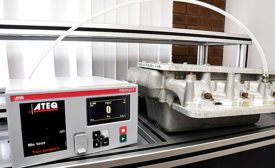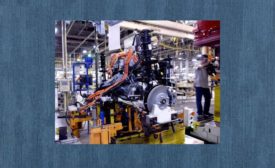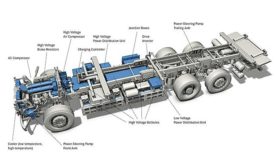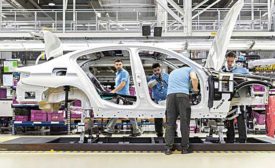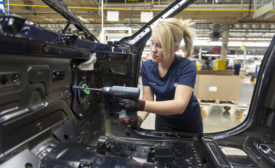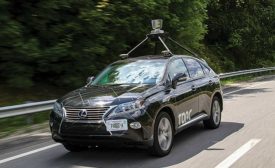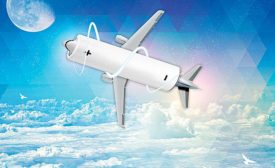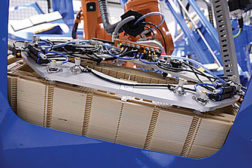Assembly and Testing
Electric Vehicles Present Unique Leak Testing Challenges
Air-based and tracer gas detection systems ensure that all electric-vehicle battery components are leak-free
May 7, 2018
Wiring Autonomous Vehicles
Next-generation electrical systems will be critical to automated cars.
October 5, 2017
Electric Power Will Transform Aviation
Hybrid-electric aircraft create sky-high challenges and new opportunities
January 5, 2017
Fuel Cells Get Ready for Prime Time
Engineers continue to tackle high-volume production challenges.
May 1, 2014
Never miss the latest news and trends driving the manufacturing industry
Stay in the know on the latest assembly trends.
JOIN TODAY!Copyright ©2024. All Rights Reserved BNP Media.
Design, CMS, Hosting & Web Development :: ePublishing


